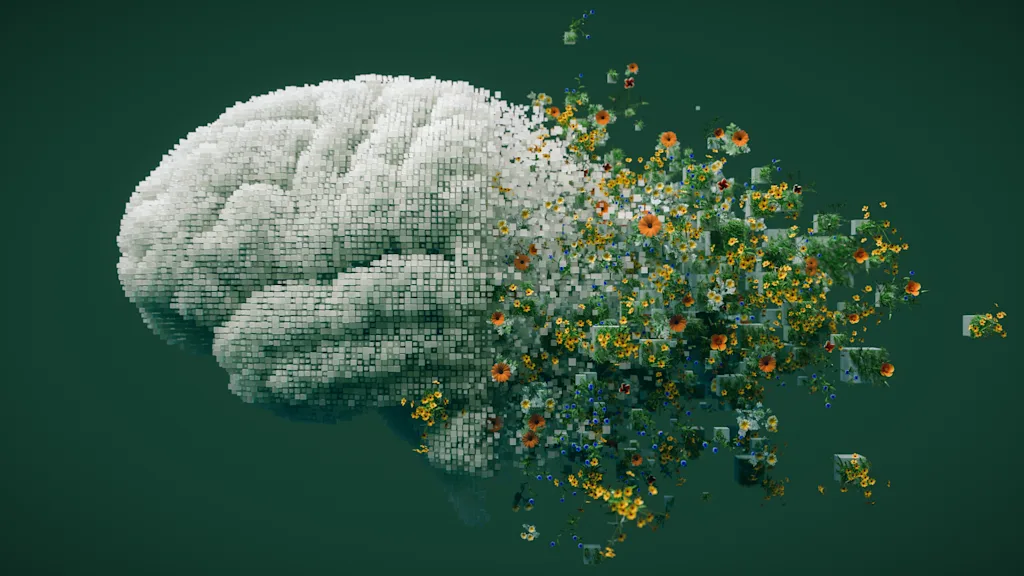
"In the public sector, the stakes are high: If an agency's technology fails, real people don't get the health services they need, disaster recovery efforts get delayed, and communities lose access to services they rely on. But we also know the right technology can empower public servants to have a bigger impact. Fast forward three years, and AI is everywhere. Chatbots abound and AI widgets appear in new applications daily."
"We've spent the last year on the road asking public servants, "If technology could free up an hour of your time every day, how would your work change?" We've toured state agencies in California and Texas and met with county officials from Oregon to New Jersey. We've run brainstorming sessions with public health officials, spent hours learning alongside election administrators, and strategized with emergency management professionals."
Public servants are underserved by technology despite high-stakes consequences when systems fail, such as disrupted health services and delayed disaster recovery. Founders engaged state and county officials across multiple states to learn how an hour of reclaimed daily work time would change public service work. Conversations with public health, election administration, and emergency management professionals generated practical ideas for AI application. The recommendation emphasizes starting from real needs rather than AI capabilities, recognizing legally mandated processes and roles requiring human judgment, and tailoring AI to diverse agency workflows and constraints.
Read at Fast Company
Unable to calculate read time
Collection
[
|
...
]